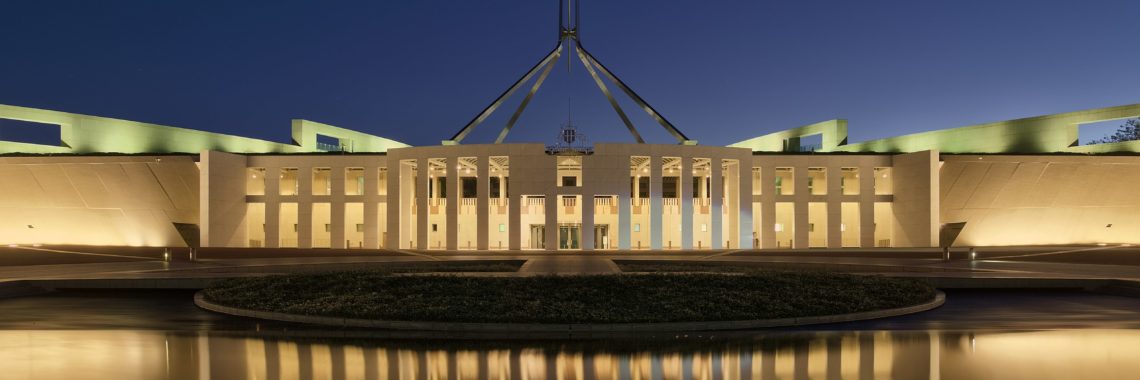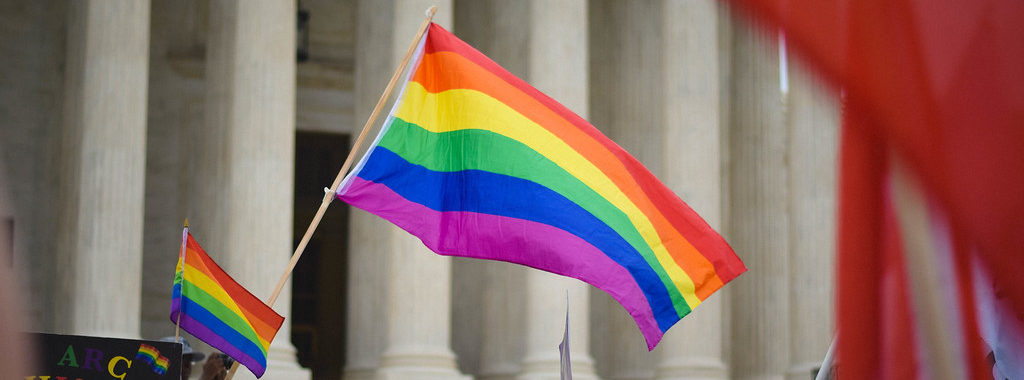“Social Media, Free Speech, and Religious Freedom in Australia” by Colette Langos and P. T. Babie
Parliament House in Canberra, Australia by Thannicke (CC BY-SA 4.0) Social media forms part of the fabric of 21st century global life. A form of speech, social media allows communication with a potentially vast audience. Unsurprisingly, many people use it to disseminate religious views or ideas. While such proselytising (as part of a broad freedom…







